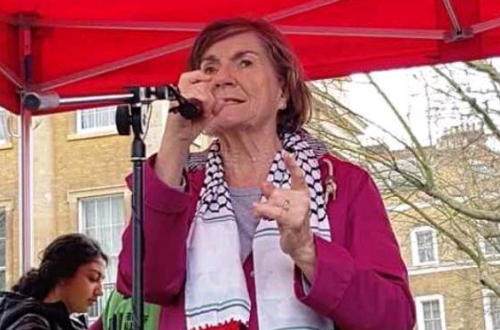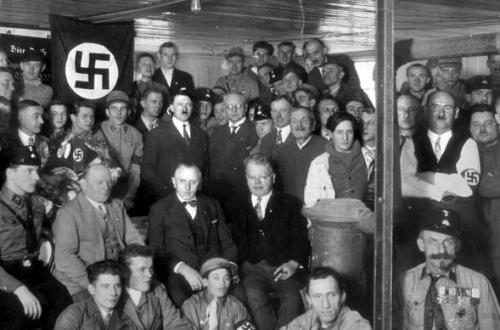‘What is the right punishment for blasphemy?’ asked presenter Shazia Awan in the trailer for yesterday’s The Big Debate. The (entirely justified) outrage over this question – prompted by Pakistan’s call to Facebook and Twitter to help identify blasphemers – reminded me of a similar BBC slip up from 2009 when readers of the news website were asked ‘should homosexuals face execution?’
The BBC Asian Network has now apologised:
“Apologies for poorly worded question from #AsianNetwork yesterday. Question was in context of Pakistan asking Facebook to help. We should have made that clear.
We never intend to imply Blasphemy should be punished. Provocative question that got it wrong
But the problem went rather deeper than a clumsily worded question. For a start, some of the listeners’ views were grotesque. One caller, Ishaan, was a staunch supporter of Pakistan’s stance and cited Saudi Arabia as a great example of the deterrent effect of hudud punishments. Waajid also expressed support for blasphemy laws in an Islamic state and said he was upset that Salman Rushdie was still alive.
Shocking though such views are, some of the apparently softer comments were almost equally concerning. Aisha, for example, opposed harsh punishment but still advised counselling for blasphemers, and wondered who, in their right mind, would want to blaspheme in a Mu slim country.
I thought it was possible that she made this particular point because she felt Islam was perfect, so you’d have to be mad to turn against it. Presenter Shazia Awan assumed it was because people would be too scared of punishment to blaspheme (around 25:00). However that point – arguably rather an important one – remained unexamined.
Dell – in the understatement of the show – said he thought the death penalty went ‘a little bit too far’.
Shazia Awan projected herself as a voice of reason – she asserted that in her view capital punishment for blasphemy was ‘inhumane’.
But she fell into a disquieting pattern of implying that complete support for freedom of speech was some kind of outlying position.
Tellingly, in her introduction, she didn’t choose to say that critics of Pakistan’s blasphemy laws thought they were plain wrong, but that
Critics say blasphemy laws which allow the death penalty in some cases are often abused to oppress minorities.
Here’s another example of the way her rhetoric veered towards an (illiberal but not murderous) middle ground.
What do you think is the right punishment for blasphemy. Should there even be a punishment for it?
When countering a caller attacking Rushdie, her defence of freedom of speech was decidedly tepid:
For writing a book, for an author in the west, do you not think that the death penalty is a step too far?
But the middle ground isn’t always the correct position. As Sunny Hundal put it:
The punishment should be nothing – it should never be a crime.
It’s worth listening to the rising note of excited incredulity in Shazia Awan’s voice as she read out that tweet. (around 56:00)
But it wasn’t all bad. Strong defences of freedom of speech were offered by several callers and texters ; these included Adil, who thought blasphemy laws were a ridiculous hangover from the Middle Ages, and Kumar, who said his faith was strong, but felt ‘it should be open to any criticism or ridicule’.


